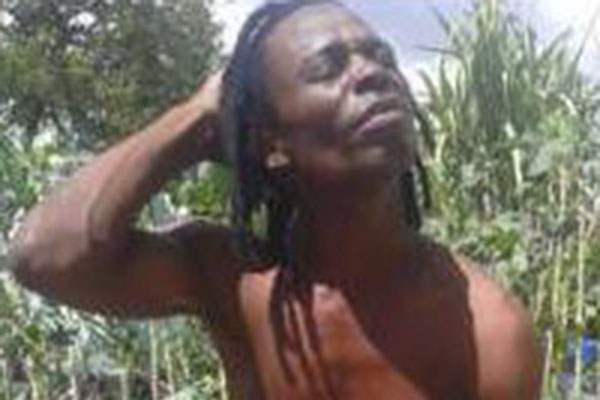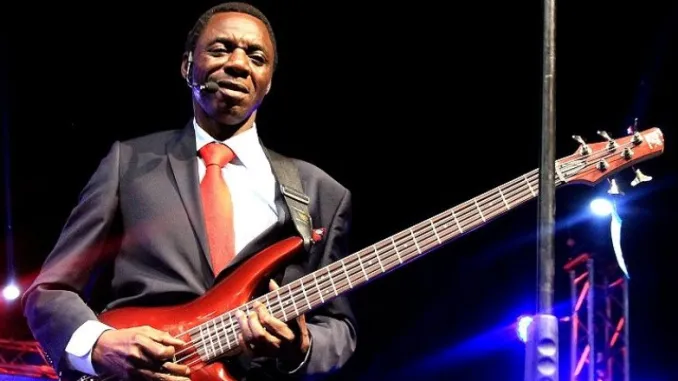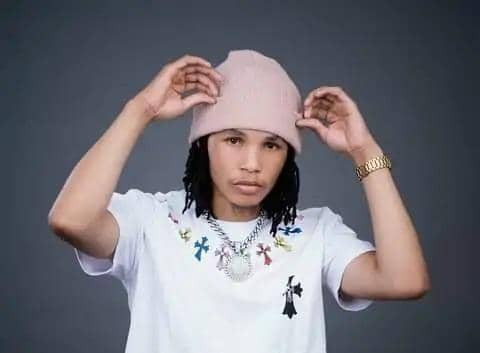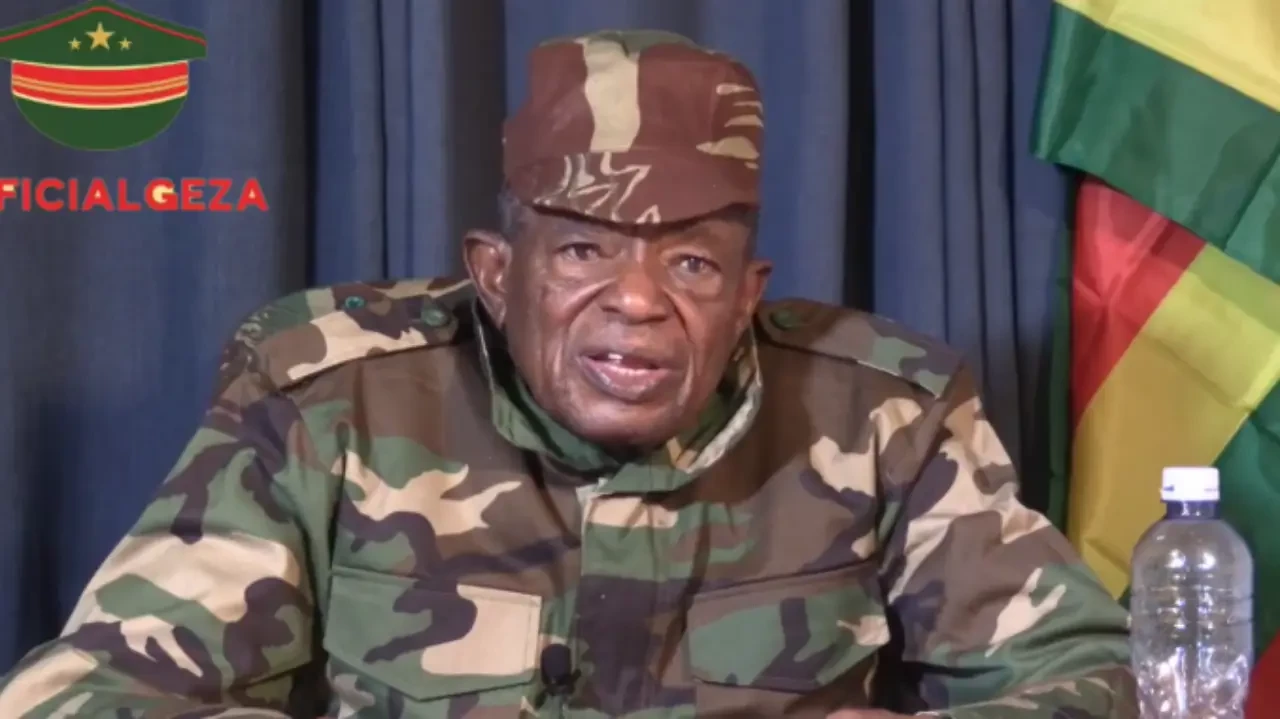
The song, The Blair That I Know Is a Toilet by forgotten musician Last Chiyangwa aka Tambaoga was at some point a hit and the musician was the darling of many, among Zanu PF supporters.
By Kennedy Nyavaya

There was no Zanu PF gathering that Tambaoga would not perform from national galas to rallies and he was a regular feature on national radio and television which then were championing the 75% local content policy.
However, a few years down the line, Tambaoga found himself falling into the abyss because of his widely-perceived political alignment to Zanu PF. He even tried to resuscitate his career in 2009 when he released an album titled Hakata, but there were no takers.
He pleaded with music followers to accept him as an artist, not a politician but no one listened to him and that marked the demise of his transitory music career.
However, it appears local musicians did not learn anything from his experience.
Last month Zimdancehall chanter Soul Jah Love was dressed down by a Zanu PF party official at a rally in Mutare, an incident that attracted an uproar from different social circles with people airing disgust at the way their superstar had been treated.
Social media went ablaze with different memes and comments alluding to the brief incident when Soul Jah Love was addressed like a nonentity.
- Chamisa under fire over US$120K donation
- Mavhunga puts DeMbare into Chibuku quarterfinals
- Pension funds bet on Cabora Bassa oilfields
- Councils defy govt fire tender directive
Keep Reading
Indeed the words used by the politician towards the chanter were harsh and unsolicited, but the response from the public appeared more politically-inclined than anything.
Yet, instead of vindicating the politician the new question is whether or not Soul Jah Love and other artists billed to perform on that day should have been at the event in the first place?
“Looking at the history of politics in post-colonial Zimbabwe after year 2000 it has always been suicidal to mix music with politics,” said a veteran musician who refused to be named fearing reprisals.
“As soon as the country’s political landscape changed around year 2000 it became suicidal to do political music, no matter which side you are.”
He singled out musicians such as the late Simon Chimbetu, Andy Brown, Marko Sibanda and Tambaoga as some of the artists who became unpopular after dining with Zanu PF.
The musicians penned songs that were pro-Zanu PF and enjoyed a lot of airplay and slots to perform at national events while their fan bases shrank.
According to the veteran musician singing against the Zanu PF government may not be so much of a good idea as well because it damages other aspects of an artist’s reputation.
“Being denied airplay and good media coverage from State media weakens brands as seen by Raymond Majongwe, Paul Madzore and Leonard Zhakata among many others,” he said.
During the colonial era singing against the Rhodesian government could get one arrested or their music could be blacklisted and not played on radio but it did not affect one’s followership as the majority were the oppressed black people.
With divergent political views the reality has changed and choosing particular political inclination may create hatred from some sections of the music fraternity.
However, as the 2018 elections beacon, the country is slowly getting into the polling mode and politicians are giving it all for political expediency.
One of the effective drawcards political parties are using is free entertainment through music, especially at rallies.
There is no doubt that politics and entertainment are intertwined in Zimbabwe dating back to the colonial era as musicians played an integral part in the liberation war.
But, for musicians direct engagement with modern politics has proven to have negative repercussions.
Even youthful music groups like Born Free Crew are testimony that political alignment compromises one’s relevance off politics.
Last year Oliver Mtukudzi found himself in the middle of a political storm after he performed at the ruling party’s One million Man March.
“Tuku is a musician and ekes a living through singing. If he performed because of that I don’t see anything wrong, but he could have performed out of fear,” veteran musician Hosiah Chipanga defended him then.
Chipanga, who is also a victim of political seclusion, went on to suggest that the jazz icon could have performed under duress fearing the wrath of the “fist” had he not agreed.
“Being a Zimbabwean, he knows how to deal with Zanu PF. He knew what could have been done to him if he had turned them down. Saka unongotamba iyoyo iri kurira. [You dance according to the tune],” he told The Standard Style.
When asked if he would have performed at a Zanu PF event, had he been invited, Chipanga who used to perform at galas said his presence back in the day was influenced by money.
He also explained how he fell out of favour when he started singing politically incorrect lyrics.
The same trend characterised the South African scene earlier this year with the ANC party giving musicians who professed their support time at their events but the local situation has proven special as it has other underlying influencing factors apart from personal conviction.
In a difficult economic situation the arts like any other sector has suffered as a result of diminished funding and reducing buying power among citizens and that has presumably encouraged artistes to jump at all opportunities.
While the events present opportunities for a quick buck for musicians, they have assisted in dividing fan bases in some cases and ultimately it is the artiste who faces the sour consequences while the cunning politicians occupy positions of influence.










